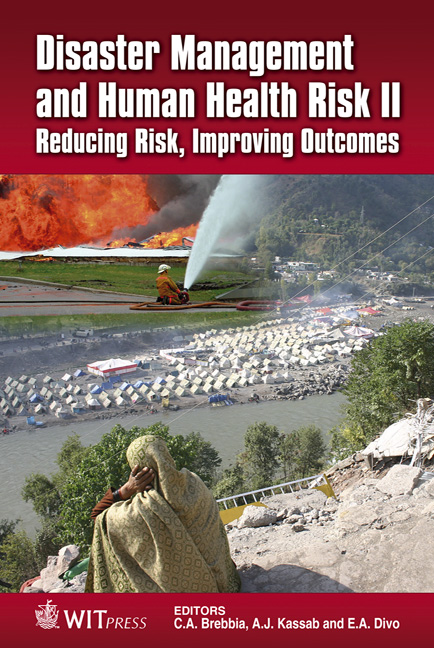How Can The Risks Associated With Climate Change Help Shape Lord Howe Island Fire Management Planning
Price
Free (open access)
Transaction
Volume
119
Pages
12
Page Range
137 - 148
Published
2011
Size
345 kb
Paper DOI
10.2495/DMAN110131
Copyright
WIT Press
Author(s)
M. J. Beltran
Abstract
Lord Howe Island is the most geographically isolated community within the State of New South Wales, lying 600 kilometres east of the Australian mainland in the Pacific Ocean. Apart from the small resident and tourist community the Island boasts an environment that was unseen and therefore untouched by man until the colonisation of NSW but now has numerous threatened and endangered species, some unique to the island. The Island’s climate, with its maritime influence, has to date ensured a very low wildfire risk (and the predominantly natural vegetation communities are susceptible to fire) however, weather records for the Island indicate a small but perceptible temperature increase over the last 50 years and to date there have been isolated periods of unusually low rainfall. Climate anomaly and weather variability may increase fire risk factors for the Island and these are warning signs of a potential increasing exposure to destruction of habitat and threat to residents and visitors. In an overarching environment where local history indicates that there is a negligible wildfire risk and where the local administration faces considerable competition for its financial and physical resources, the challenge for fire management practitioners is in creating reasonable argument to substantiate potential unseen and previously unknown risk and thereby create an awareness that is adequate to trigger an increased preparedness with community awareness and fiscal and resource planning. This paper analyses the various State and Commonwealth policies in play for climate change in an emergency management context, the current and potential
Keywords
risk, climate change, fire management planning, climate anomaly, weather variability, emergency preparedness, community, Lord Howe Island




